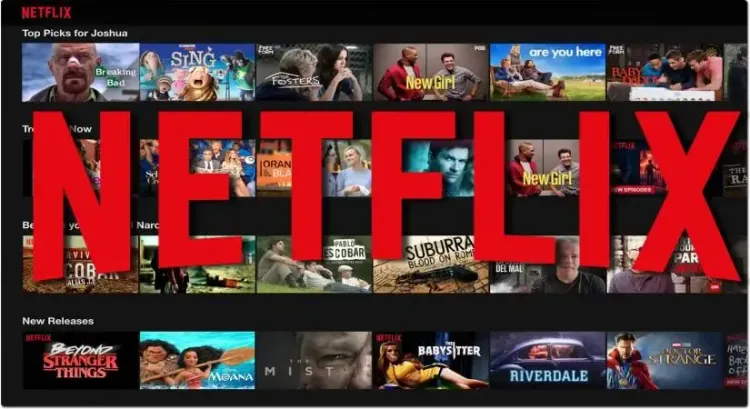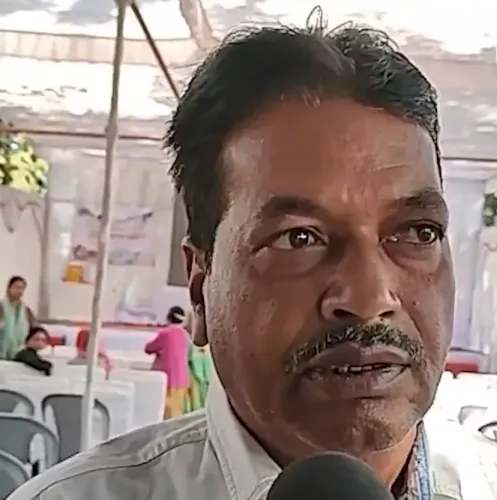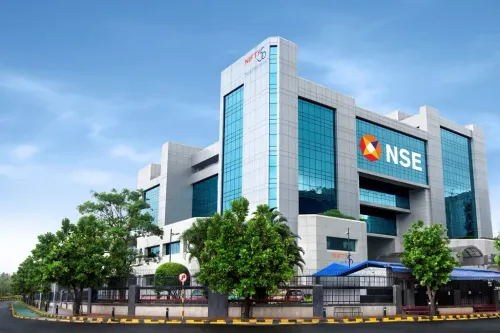Is South Korea's Strict Disaster Management Policy Fair to Private Firms?

Synopsis
Key Takeaways
- South Korea enforces strict disaster management rules on private firms.
- 29 companies, including major streaming platforms, are impacted.
- The policy has drawn criticism for its fairness and effectiveness.
- Recent fires have exposed vulnerabilities in the government's own network systems.
- Lessons from past incidents appear to remain unlearned.
Seoul, Sep 28 (NationPress) The South Korean government is facing significant criticism for enforcing rigorous disaster management regulations on private companies. This comes at a time when it has struggled to implement adequate protections for its own administrative computer network, which was severely affected by a recent fire at the national data center.
According to a report from the science ministry submitted to a lawmaker from the ruling party, firms not directly associated with public safety—including Netflix, Coupang Play, and Samsung Health—are now required to develop a mandatory telecommunications disaster management strategy for the coming year.
In total, 29 firms will be bound by this obligation, which includes 11 telecommunications providers with network infrastructure and 10 value-added service companies that either have over 10 million daily users or make up at least 2 percent of the nation’s internet traffic.
This mandate affects firms like Naver, Kakao, Google, Netflix, and Coupang.
Critics argue that enforcing these requirements on streaming services is unreasonable given their minimal involvement in public safety matters.
The government’s decision to impose this obligation followed a fire in 2022 at a data center in Pangyo, which disrupted services for Kakao.
Currently, the government is being scrutinized for not holding its own network systems to the same stringent standards. A fire at the National Information Resources Service (NIRS) server center in Daejeon showcased the absence of a cloud-based disaster recovery system, leading to significant interruptions in administrative operations.
Critics have pointed out that the government has not learned from past incidents, including the Kakao service outage and a 2018 fire at KT's facility in Ahyeon, Seoul, which also caused network disruptions.









